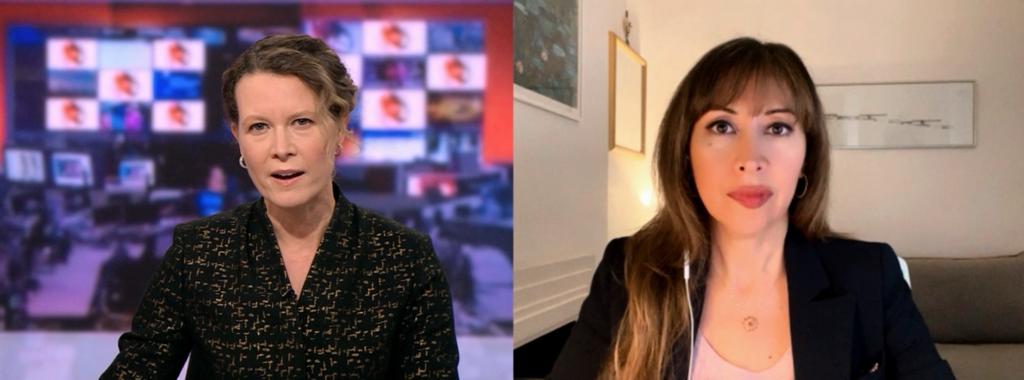In this interview given to BBC World News, Dr Carole Nakhle, CEO of Crystol Energy, discusses how the United Kingdom (UK) leverages the North Sea to balance between climate and energy security.
Key takeaways:
- The new offshore oil and gas licensing round in the UK does not mean the government has made a U-turn on its climate commitments; it reflects a more pragmatic approach since climate security cannot be achieved without energy security.
- To deal with shortages in energy supplies, investment in oil and gas is needed. The UK is trying to capitalise on the North Sea while maintaining high environmental and regulatory standards.
- The North Sea can also be a hub for green energy expansion due to its potential for offshore wind, carbon capture and storage (CCS) and hydrogen.
- As long as demand is there, with oil and gas providing more than three quarters of the UK’s energy needs, it makes more sense for the UK to produce its energy domestically than import it and incur a higher carbon footprint.
- Oil and gas are also generating a significant source of revenues to the government and those can be redistributed within the economy particularly to support low-income households and enable further investment in a green energy future.
Related Analysis
“Thatcher’s energy plan was derailed – now we are paying a gigantic price“, Lord Howell, Sep 2022
“Energy policy confusion“, Dr Carole Nakhle, Aug 2022
“North Sea energy: The UK’s valuable national asset“, Dr Carole Nakhle, Jun 2022
Related Comments
“Is Europe awaiting a cold winter?“, Dr Carole Nakhle, Sep 2022
“European gas crunch, African supply and the energy transition“, Dr Carole Nakhle, Sep 2022









